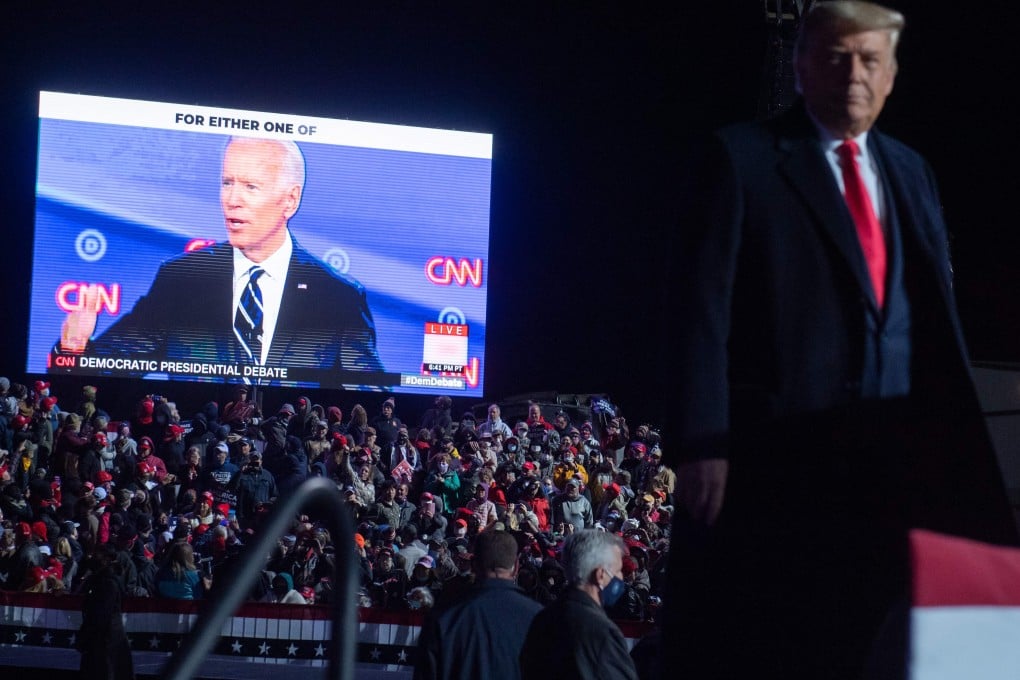China would ‘probably prefer a Joe Biden presidency’ over Donald Trump, says former American ambassador to Beijing
- Former US ambassador to China Max Baucus says Beijing will be ‘conflicted’ over next week’s US election, but ultimately prefer Democrat challenger Joe Biden
- Baucus, a Biden adviser, says despite rising Chinese nationalism during his tenure, there was little that could be done to stop action on Hong Kong or Xinjiang

The comments from Max Baucus – the top US envoy to China between 2014-17, and an adviser on China policy to Joe Biden’s presidential campaign – can be added to a maelstrom that views on whether Beijing would prefer four more years of Trump or a more ostensibly conventional White House, a debate which has raged for most of Trump’s first term.
Yet, sources inside China and experts on the country vary wildly in their perception of how the US election is viewed in Zhongnanhai, the Chinese leadership compound.
I think China finds Trump a bit of a nuisance, but they also find Trump leading the US down the primrose path of decline, which obviously helps China
In a wide-ranging interview with the South China Morning Post , Baucus acknowledged China would be “somewhat conflicted” ahead of next week’s election. But conversations with well-placed contacts in Beijing have led him to believe China would prefer more stable superpower ties.
“I think China finds Trump a bit of a nuisance, but they also find Trump leading the US down the primrose path of decline, which obviously helps China,” Baucus said, adding any remaining reformers within the Chinese government would also be emboldened by a “restoration of the resilience of American democracy”.
“On the other hand, President Xi Jinping – as the Chinese do generally – wants stability, he doesn’t want to rock the boat.
“In the Biden presidency, there’s more stability. You don’t see a president, just on his Twitter account, say whatever is on his mind in the middle of the night, or a president that doesn’t work with his advisers.”